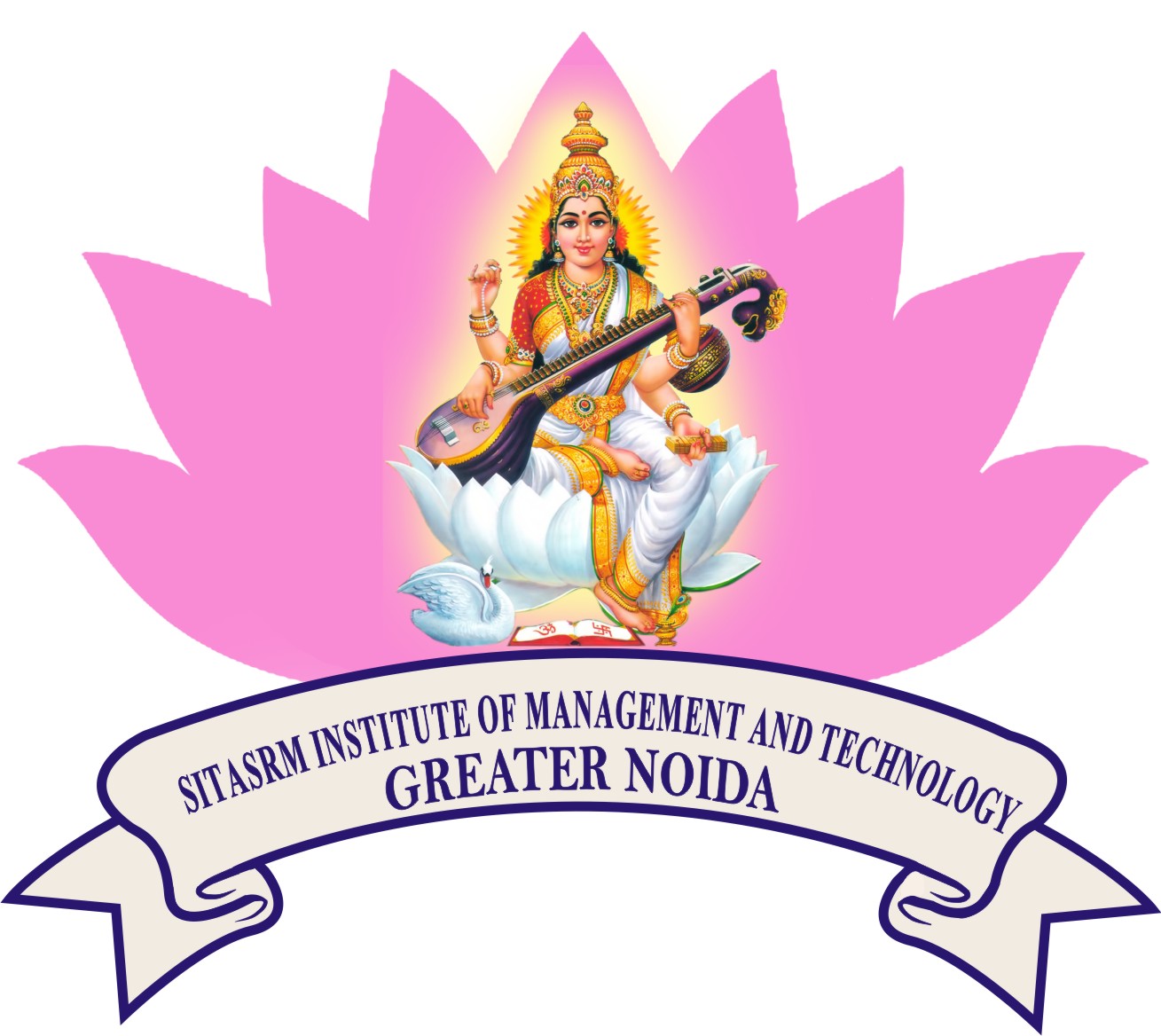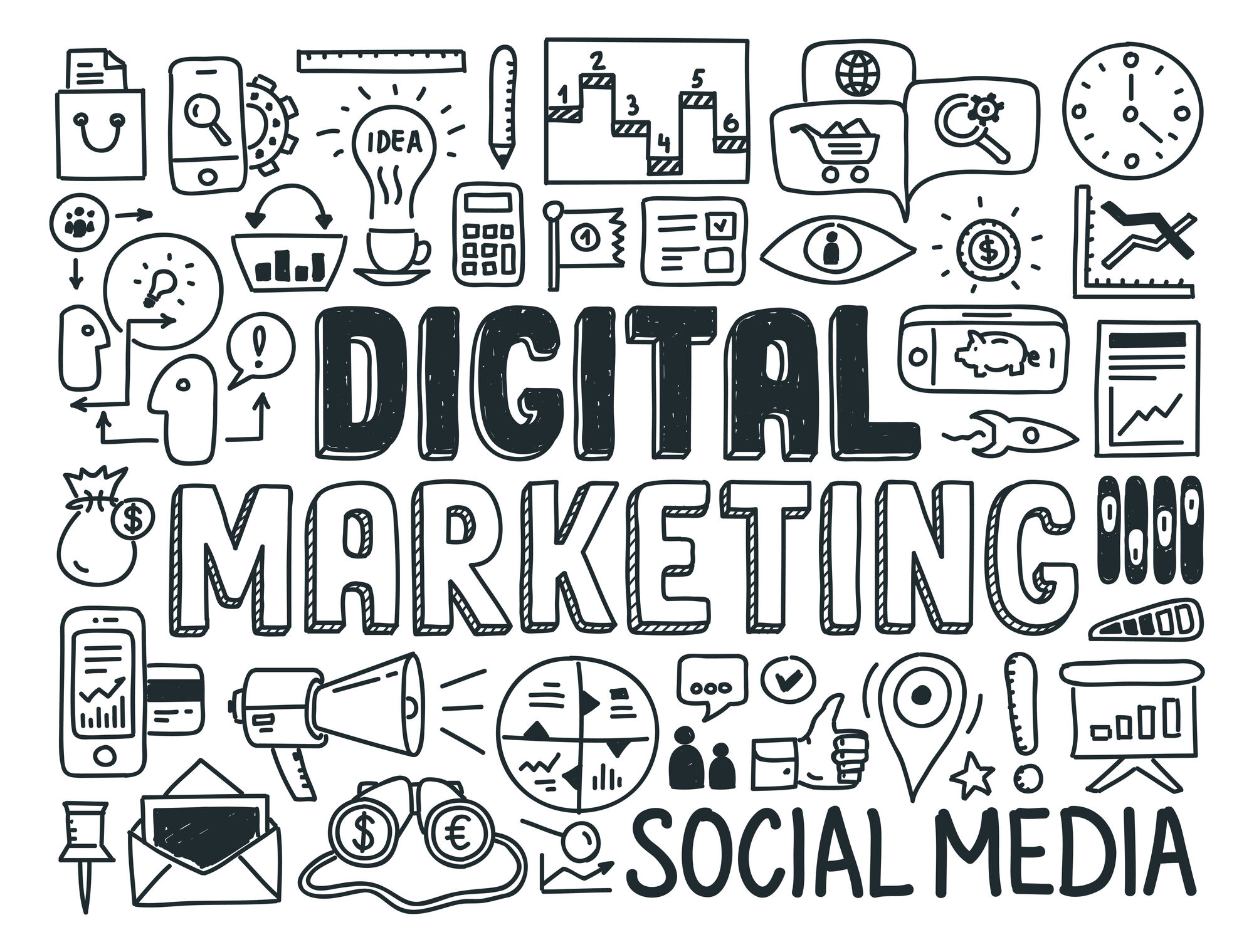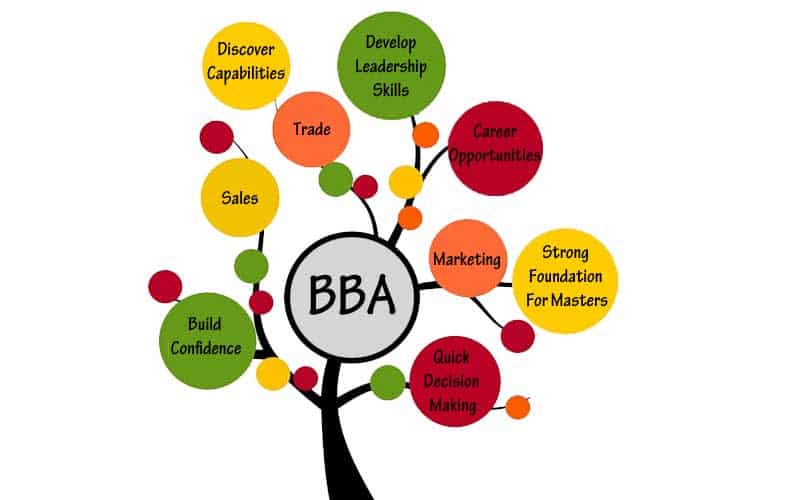 SIMT
SITASRM INSTITUTE OF MANAGEMENT & TECHNOLOGY
SIMT
SITASRM INSTITUTE OF MANAGEMENT & TECHNOLOGY
 SIMT
SITASRM INSTITUTE OF MANAGEMENT & TECHNOLOGY
SIMT
SITASRM INSTITUTE OF MANAGEMENT & TECHNOLOGY

SIMT
SITASRM INSTITUTE OF MANAGEMENT & TECHNOLOGY
Menu
The Modern Compass of HR Management
Uleashing Human Potential
The modern corporation exists within a crucible of relentless disruption, where the margin between triumph and obsolescence is defined by a singular, irreducible factor: human capital.
In this arena, Human Resource Management (HRM) has transcended its archaic administrative role, emerging as the strategic nerve center that architects organizational resilience and fuels exponential growth.
Today, HRM is the art and science of unlocking latent potential, forging a culture of innovation, and precisely aligning human endeavor with the strategic vectors that propel a business to market dominance.
The Evolving Landscape of HRM
Gone are the days of rigid hierarchies and one-size-fits-all policies. Modern HRM is about agility, adaptability, and understanding the unique needs of a diverse workforce. Here are some key trends shaping the field:
Talent Acquisition & Retention: The war for talent is fiercer than ever. Organizations are focusing on employer branding, leveraging technology for recruitment, and creating engaging onboarding experiences. Retention strategies now emphasize employee well-being, career development, and a strong sense of purpose.
Diversity, Equity, and Inclusion (DE&I): Building inclusive workplaces is not just a moral obligation; it's a business advantage. Companies are recognizing the power of diverse perspectives and are implementing policies to ensure equitable opportunities for all.
Technology & Automation: AI, automation, and HR analytics are transforming HR processes. From applicant tracking systems to performance management platforms, technology is streamlining workflows and providing data-driven insights.
Employee Experience & Well-being: The focus has shifted from employee satisfaction to employee experience. Organizations are investing in creating positive work environments, promoting work-life balance, and prioritizing mental health.
Remote & Hybrid Work: The pandemic accelerated the adoption of remote and hybrid work models. HR professionals are adapting policies and practices to support distributed teams, ensuring effective communication and collaboration.
Skills Gap & Upskilling: Rapid technological advancements are creating a skills gap. Organizations are investing in training and development programs to upskill their workforce and prepare them for the future of work.
Strategic HR Business Partnering: HR is moving beyond its traditional role to become a strategic partner, aligning HR initiatives with business goals and providing valuable insights to leadership.
The Impact of Effective HRM:
Effective HRM practices can lead to significant benefits for organizations, including:
- Increased Productivity & Performance: Engaged and motivated employees are more productive and contribute to higher performance.
- Reduced Turnover & Absenteeism: A positive work environment and strong employee relations can reduce turnover and absenteeism.
- Enhanced Innovation & Creativity: Diverse teams and inclusive cultures foster innovation and creativity.
- Improved Customer Satisfaction: Happy and engaged employees provide better customer service.
- Stronger Employer Brand: A positive reputation as an employer attracts top talent.
- Increased Profitability: Ultimately, effective HRM contributes to a company's bottom line.
Navigating the Future of HRM:
To thrive in the ever-evolving world of HRM, professionals need a strong foundation in core HR principles, as well as the ability to adapt to new technologies and trends. Continuous learning and professional development are essential.
SIMT: Your Partner in HR Excellence with Dual MBA Specializations
For individuals looking to excel in the field of Human Resource Management, a comprehensive MBA program can provide the necessary knowledge and skills. SIMT understands the importance of specialized expertise and offers an MBA program with dual specializations, allowing you to tailor your education to your career aspirations. This approach allows a student to have an edge in the competitive work enviroment.
Imagine combining an HR specialization with another relevant field like Marketing, Finance, or Operations. This dual specialization not only broadens your skillset but also enhances your marketability, making you a highly sought-after professional.
SIMT's MBA program is designed to provide a holistic understanding of business principles, with a strong emphasis on practical application. The curriculum is developed by industry experts and incorporates real-world case studies and simulations. By choosing SIMT, you're not just earning a degree; you're investing in your future and gaining the tools you need to become a leader in the dynamic field of Human Resource Management.



















































